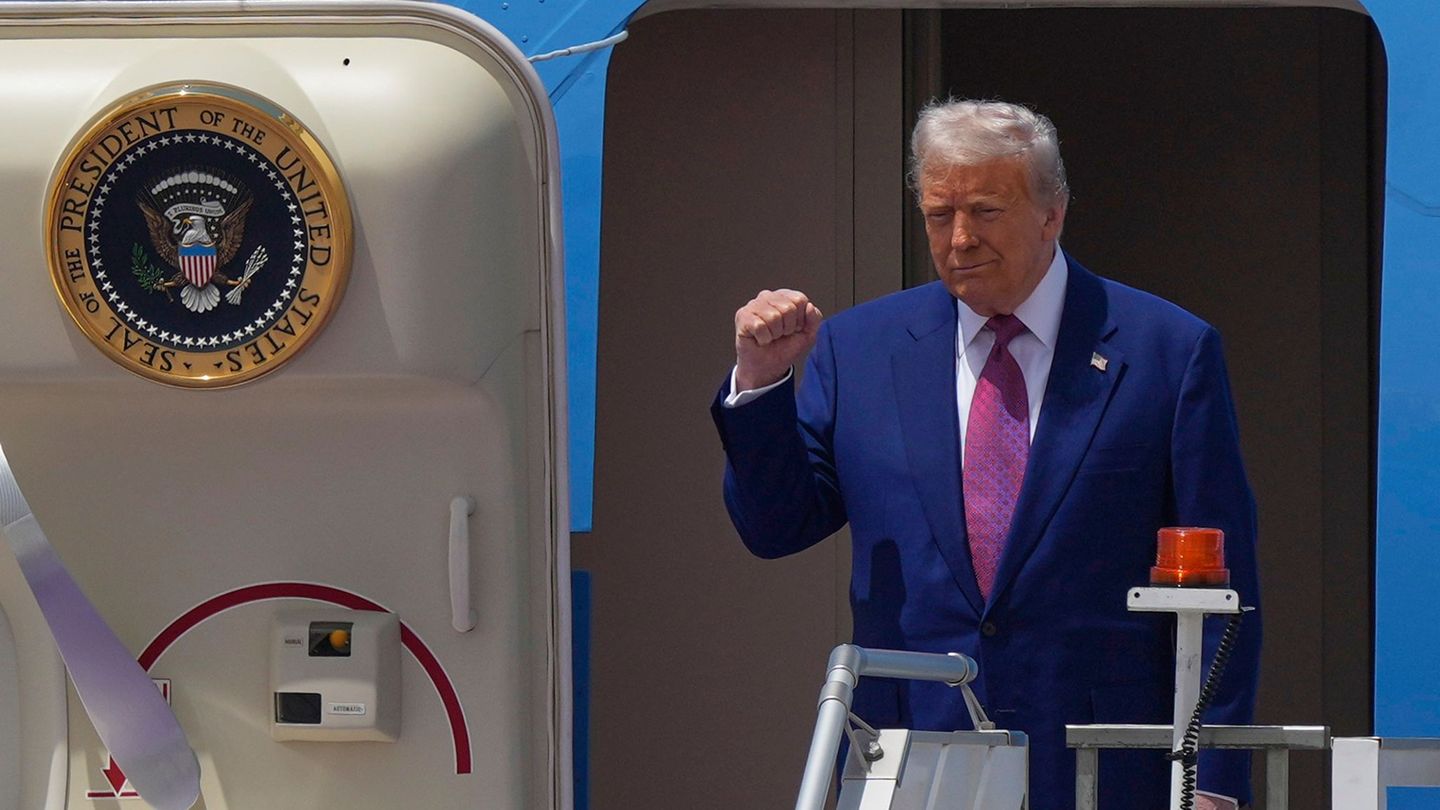In the aspect that interests us, for the purposes of this note, art. 3 of the Law establishes that, for the subjects residing in the country, the tax determination base will be calculated including the contributions to trusts, trusts or foundations of private interest and other similar structures, participation in companies or other entities of any type without Fiscal personality and direct or indirect participation of societies or other entities of any kind, existing at the date of entry into force of the law.
In turn, art. 2nd of Dto. 42/2021, regulatory of the Law, establishes that the subjects of art. 3º of the law must declare as its own and include in the basis of determination of the contribution, the assets contributed to said structures, for a percentage equivalent to that of their participation in these.
The issue generated, by the doctrine, positions around the thesis of the non -taxation of irrevocable trusts, interpreting that such regulations applied only to those who did not have such character.
This gave rise to some jurisprudential history, which we will analyze below.
The Volij cause
In the Volij (2) case, the taxpayer filed a declarative action of certainty so that justice was issued about the obligation or not to include contributions made to irrevocable trusts in the taxable base of the solidarity contribution.
To do this and, as a test of support of her order, the taxpayer contributed an irrevocable Trust contract constituted under the New Zealand law and the detail of the assets provided, revising the taxpayer to the character of a trustee, for being the one who provides the goods.
The judicial decision, in favor of the taxpayer, concluded that in the Trust under analysis, the trustee lacked the decision -making capacity and that the assets provided to the Trust, had left the taxpayer’s domain.
Therefore, under such conditions, such assets were not in the taxpayer’s assets on 12/18/2020, which implied a lack of contributory capacity, if its taxation was intended.
To do this, the judge declared the unconstitutionality of art. 3 of Law 27605 and art. 2nd of Dto. 42/2021 (3).
It should be remembered that the same thesis, regarding the loss of availability and property of the funds provided, was recognized in a timely manner by the treasury through the opinions of Di Asle 1084/02 and DAT 9/13.
The “Williner” cause
Also the TFN (4), had the opportunity to analyze the same theme, in an appeal for repetition denimation presented by the plaintiff in relation to the solidarity contribution, having interpreted the Treasury, which with the goods contributed to a Trustrusable Trust They were taxed.
The TFN analyzes the Trust, depending on the DAT 9/23 opinion, highlighting that the Treasury himself had recognized as conditions for his irrevocability, the effective disappowment of the goods provided (they do not resume the assets of the fiducier) and the fact that the contributor does not Count on decision -making powers of such importance that they interpret that they constitute the members of the property of the Fund (indirect address).
On the other hand, it is required that the contributor or beneficiary does not possess the quality of protectors of the goods or have some type of incidence in their administration.
In this way, the ruling concludes that, in the case, none of those requirements was questioned by the treasury, so it was before an irrevocable trust, so that the goods provided, from its constitution, no longer no longer They were of their property at the time of the sanction of Law 27605, so their consideration does not correspond in the determination of the lien.
Precisely, the provisions of the Dto. 42/2021, regarding the clarification that The subjects had to include the assets contributed to the respective structures, in the percentage equivalent to that of their participation in those, Evidence that does not refer to an irrevocable Trust, since by virtue of the nature of the aforementioned instrument, there is no participation by the plaintiff in that.
This, since the Trust is irrevocable in question, that is to say that it cannot be revoked by the contributor, and by not reserving decisor faculties on the direction of the goods or their administration, the assets contributed in due course ceased to be the property of the actor and, Therefore, they cannot be taxed in their head.
On the other hand, the ruling analyzes an additional aspect, discarding a possible evasion or illusion maneuver of the tax, since the detachment of the goods by the taxpayer was prior to the entry into force of the norm, even prior to the “Period of suspicion” and even more prior to the fact that there have been the circumstances that motivated the dictation of the norm.
In summary, it is concluded that the taxable event is not verified at the time of the entry into force of the ASE law, revoking the resolution appealed and, consequently, taking place for the requested repetition, with more the corresponding interests.
Public Accountant Partner of the Studio Bertazza, Nicolini, Corti and Asoc.
(1) BO 12/18/2020.
(2) “Volij, Gabriela Verónica” Federal Administrative Court No. 8 of 11/28/2023.
(3) The sentence was appealed to the Chamber by the Treasury.
(4) “Magdalena Maria Williner” TFN, Sala “B” of 12/13/2024.
Source: Ambito




